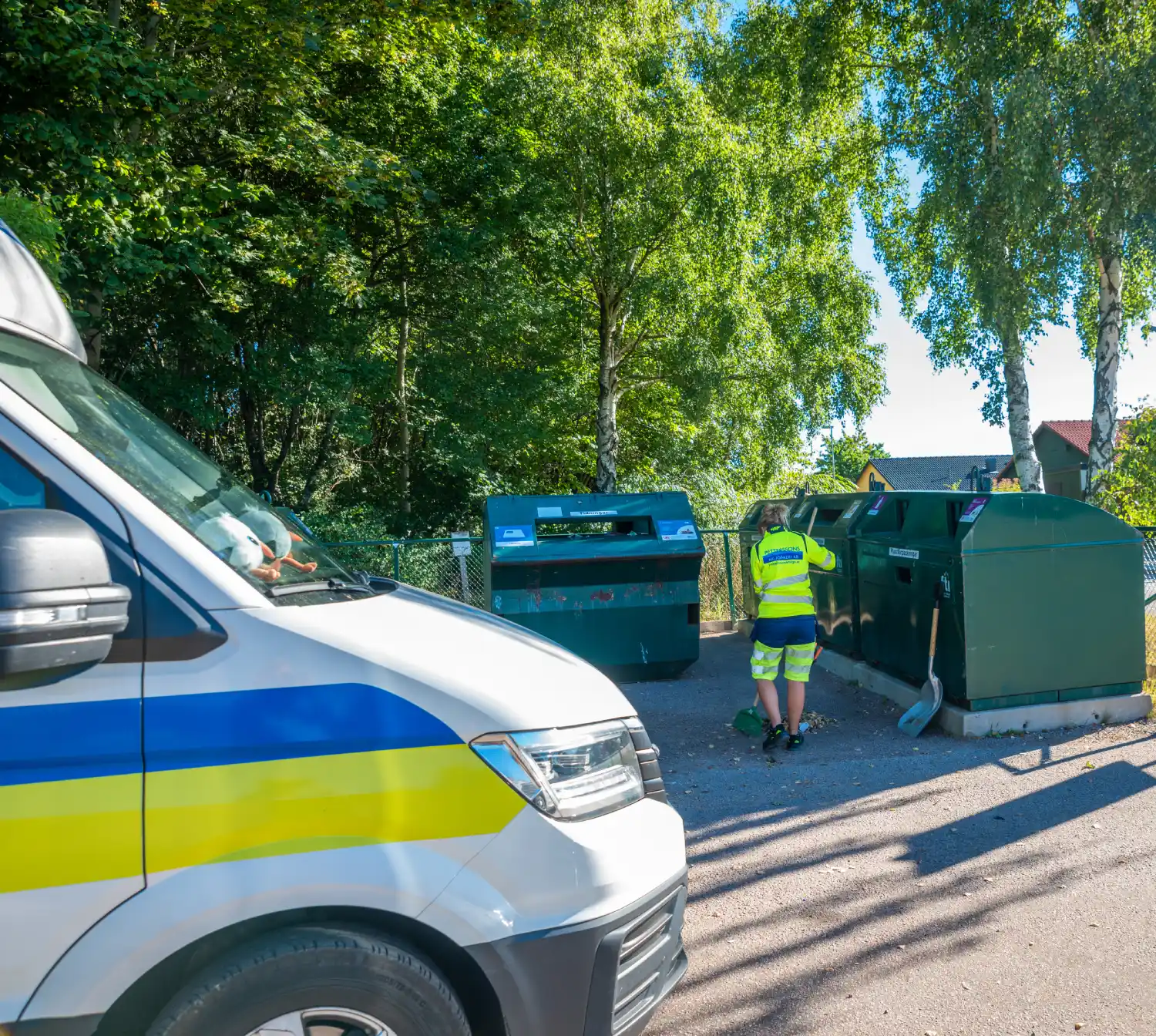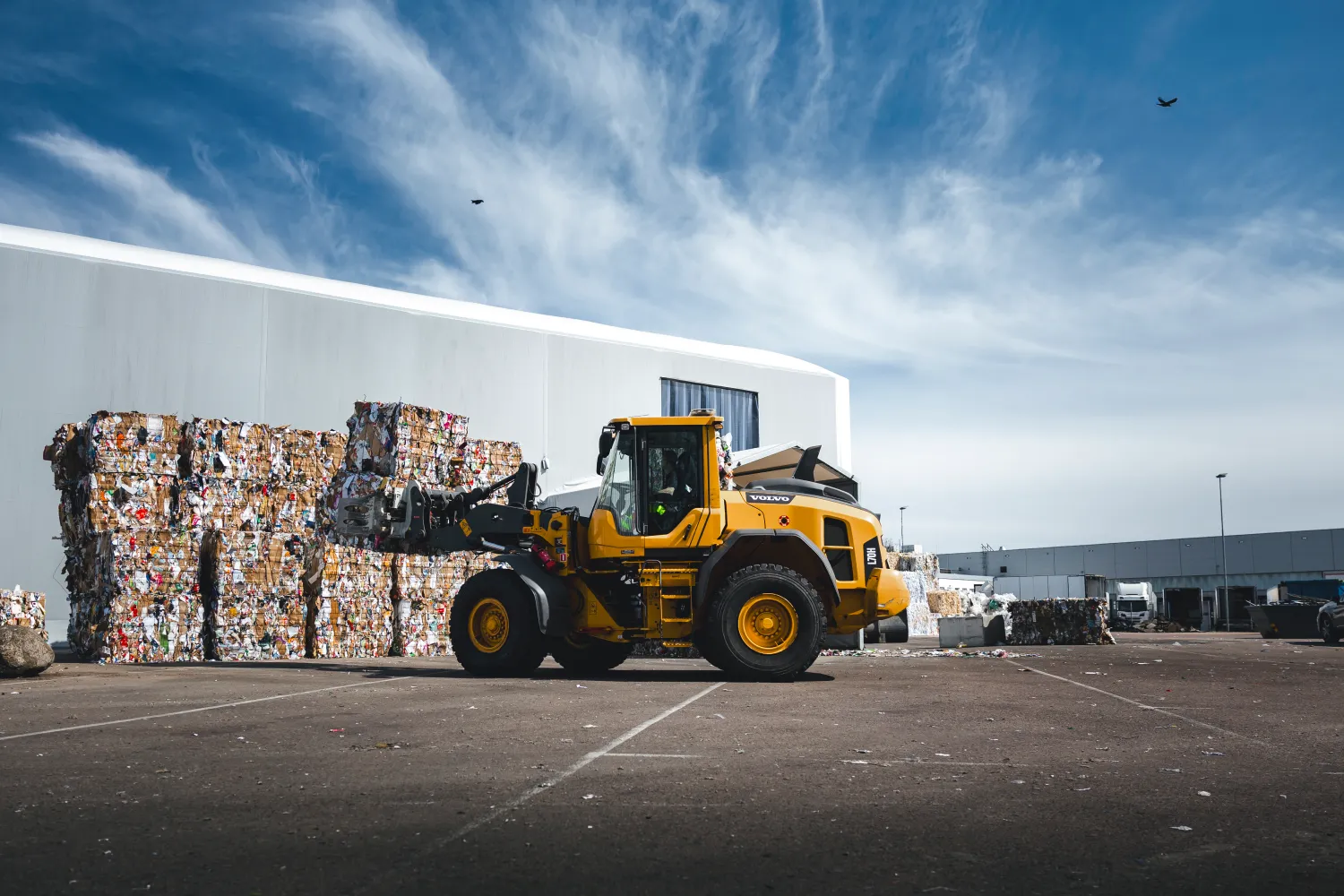Real-World Solutions for Recycling High Volumes Effectively
Real-World Solutions for Recycling High Volumes Effectively
Blog Article
Sustainability has quickly become an international goal, and recycling plays a critical position in reducing environmental impact. Several businesses are now placing formidable sustainability targets, with effective recycling systems emerging as an integral strategy. But how exactly can firms obtain these goals through better recycling operations? By leveraging effectiveness, data-driven methods, and community engagement, Recycling (Återvinning) can travel sustainable change.
Recycling By the Numbers
Did you understand that internationally, 2.01 billion tons of waste are developed annually? Alarmingly, only about 19% with this spend is recycled. Increasing this determine is a must, as landfills somewhat contribute to greenhouse gas emissions, sales for approximately 14% of worldwide methane emissions. Recycling not merely reduces landfill dependency but additionally saves power, with resources like aluminum consuming 95% less power when recycled compared to main production.

The Role of Effective Recycling Procedures
Efficiency is the backbone of effective recycling operations. Without correct waste selecting and recovery functions, the recycling chain can eliminate equally substance potential and cost-effectiveness. For instance, contamination in recycling bins stays a substantial problem, with prices averaging at 25% in some areas. These inefficiencies spotlight the need to streamline operations for optimal outcomes.
Impressive technologies like AI-driven waste selecting programs are becoming game-changers in this field. By improving sorting precision and running rates, these technical developments minimize contamination and boost recycling yields. Moreover, employing smarter logistics in recycling features can reduce transport emissions and increase substance recovery rates by almost 30%.
Placing and Conference Recycling Goals
Setting possible recycling objectives is a must for long-term sustainability success. Sweden, as an example, has become a head in spend administration, recycling about 99% of family waste. This achievement shows their stringent plans, extensive infrastructure, and community training efforts. Places and organizations equally can take a site from Sweden's book by adopting apparent targets and aiming them with measurable KPIs.

One successful strategy is engaging towns and personnel through recycling education. As an example, corporations have experienced spend diversion charges improve by as much as 20% by just providing instruction on exactly what do and can't be recycled.
A Sustainable Future Begins Today
Successful recycling operations are more than a checkbox for sustainability goals. They are a vital tool for lowering waste, keeping energy, and addressing climate change. By adopting sophisticated systems, selling knowledge, and tailoring recycling goals, organizations and towns can revolutionize their environmental impact. Report this page